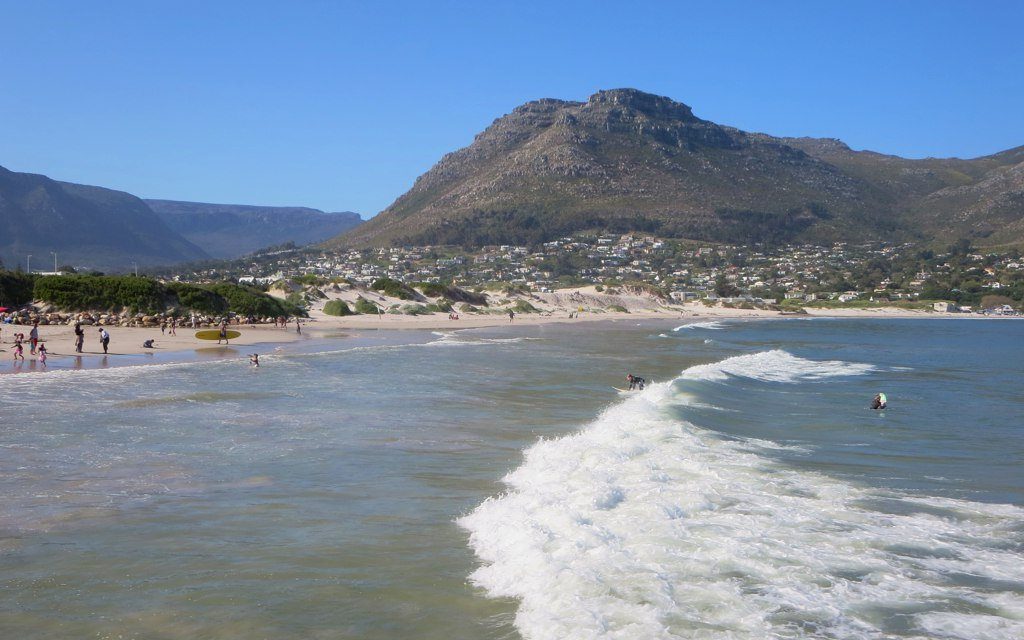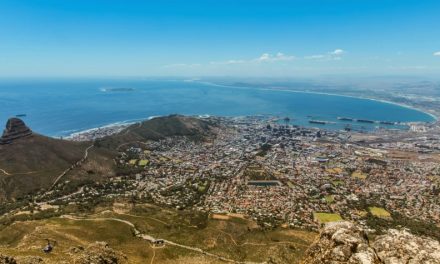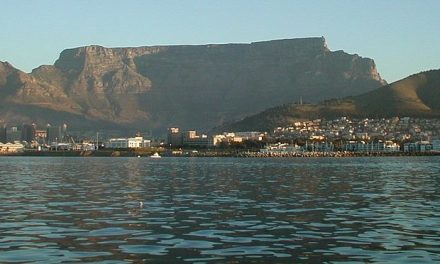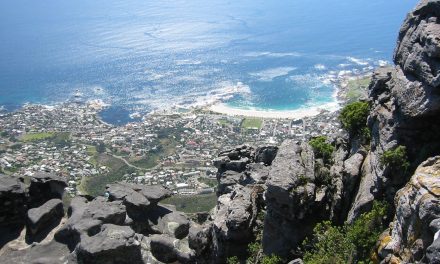There are over 200,000 British people living in South Africa, lured no doubt by 3,000km of coastline, encompassing both the South Atlantic and Indian Ocean. Growing vibrant cities such as Johannesburg and Cape Town offer good job opportunities, whilst the diverse cultural experiences such as safaris and wine tours add to the popularity.
Gaining employment in South Africa can be difficult for those emigrating from the UK and unless you are already in the country, you need to have a job or an offer to gain entry. The South African government has new schemes in place however to allow foreign workers easier entry if they have a number of years employment in certain areas. See http://www.home-affairs.gov.za/index.php/scarce-skills-work-quotas for details of qualifications needed to fulfill the criteria.
Once your job is secured, you’ll arrive to find a massively varied climate from region to region. The Western Cape has Mediterranean style weather whilst the interior of the country has a semi-desert climate that is typified by cold, dry winters and summer rainfall. Winters in South Africa start in June and end in August. The cost of living is relatively low and the current exchange rate of the South African rand vs pound sterling is very competitive (1 rand = 0.05 pounds), giving the British expat great value for money.
Although South Africa is predominantly an English speaking country, over 79% of the population of 53 million is black African, who themselves converse in a variety of 11 different languages. You’ll hear the likes of Afrikaans, IsiNdebele, IsiXhosa, IsiZulu, Sepedi and Sesotho around the country. Rest assured though most employers speak English and you probably won’t be required to know another language in order to work and live there.
The most popular destinations for Brits to settle in are Cape Town and Johannesburg. Cape Town is the provincial capital, and situated on the Western Cape. You’ll find head offices for insurance companies, large retailers and petroleum corporates in this location where many Brits become gainfully employed.
Johannesburg too is a thriving city and has seen a growth in the middle-classes. That said; nearby townships including Soweto still suffer from a huge disparity in wealth and lifestyle. It would be hard not to mention crime levels in South Africa which are still of concern. Although many visit the country with no problem whatsoever the UK government recommend certain precautions. See https://www.gov.uk/foreign-travel-advice/south-africa/safety-and-security for more details.
Driving is easy for Brits as you continue to keep to the left-hand side of the road and the UK driving license is valued for 12 months once you’re in the country. You can also continue to draw your State Pension whilst living in South Africa, although it won’t go up with the rate of inflation as it would back home.
Health care however is not so familiar and if you are treated in a State hospital you’ll have to pay for it. Fees are based on your salary and number of dependents. It’s worth checking out the recommended immunisations by the World Health Organisation before relocation. If you are thinking of travelling to the Pumalanga Province (including the popular Kruger National Park) and Limpopo Province you’ll need to take precautions against malaria. See www.fitfortravel.nhs.uk/destinations/africa/south-africa.aspx
Specialist international removal companies such as PSS offer expert advice to take the headache out of relocating to South Africa – a destination in which you can be guaranteed to see a completely different world. Read more about our services here: https://www.pssremovals.com/migration-services/south-africa .






